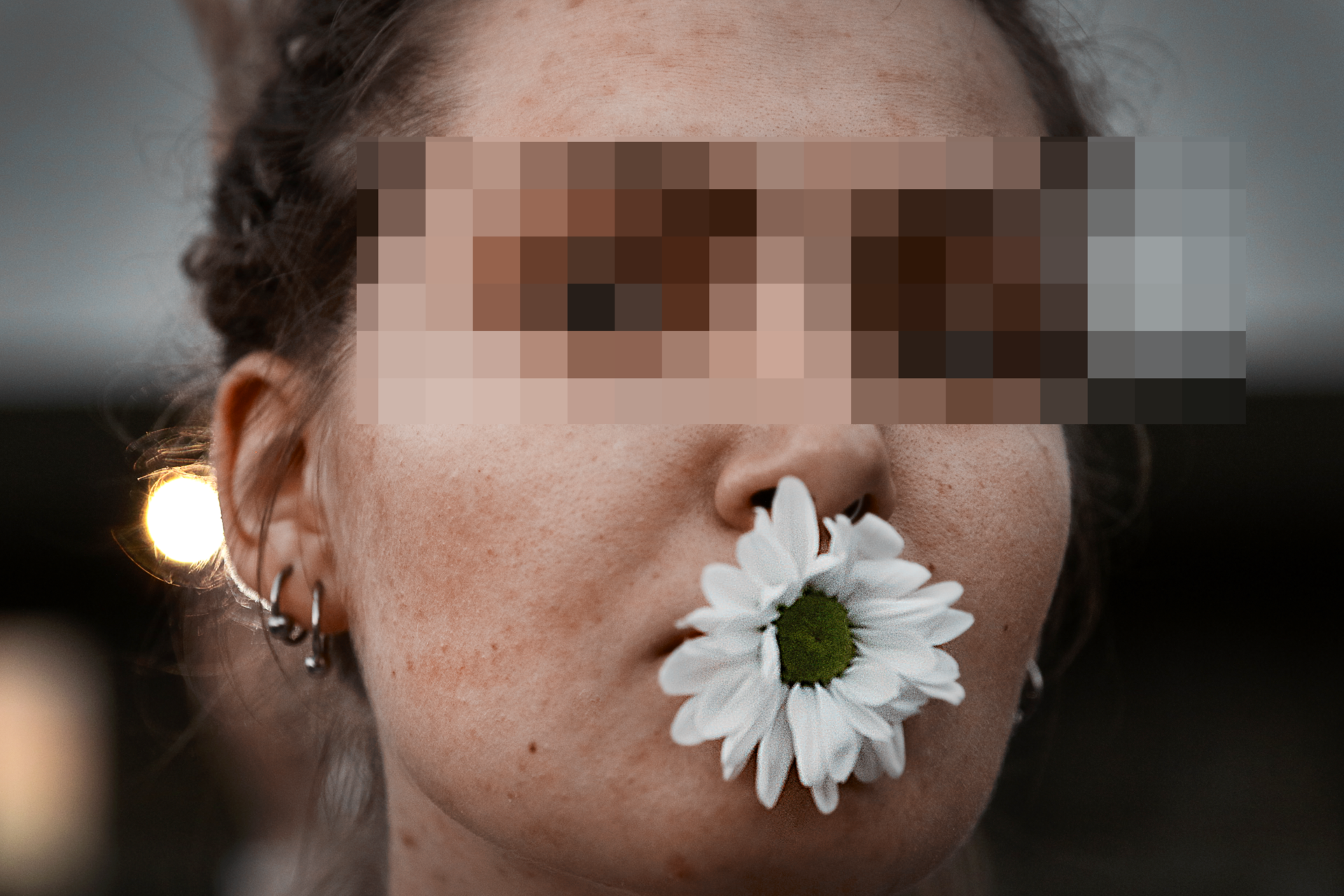RADA’s “Belarus. Youth. Long Live.” publication opens with a frank assessment of the situation in Belarus: “Today things are not going well for us.”
It continues: “Each article in this collection will tell you about it. But at the same time, each article in the collection also proves that we are still alive… Just because we’re not doing well doesn’t mean we have nothing else to do or that we’re broken.”
Concluding, it poses and answers the question: “Why don’t we give up?” – “Because we are united by one goal, which is very romantic, historically necessary and more achievable than ever. We dream of a free Belarus, where we just can be ourselves.”
This collection is our attempt to analyse the Belarusian independent youth sector after all the crises it has experienced since 2020… It is an interim assessment of where we are and what state we are in as we continue our journey to a free Belarus.
Hanna Dapshevichute, Secretary General of RADA.
“Belarus. Youth. Long Live.” was penned by a dedicated group of civil activists, volunteers, and members of Belarusian youth NGOs. Their objective was to establish a dynamic youth expert platform in Belarus and to advocate for the rights of young Belarusians on an international scale. Throughout the project, they analysed the existing state of the Belarusian youth sector, leveraging their extensive experience in various domains of activism, including gender equality, inclusion, youth political rights, human rights, environmental activism, and more.
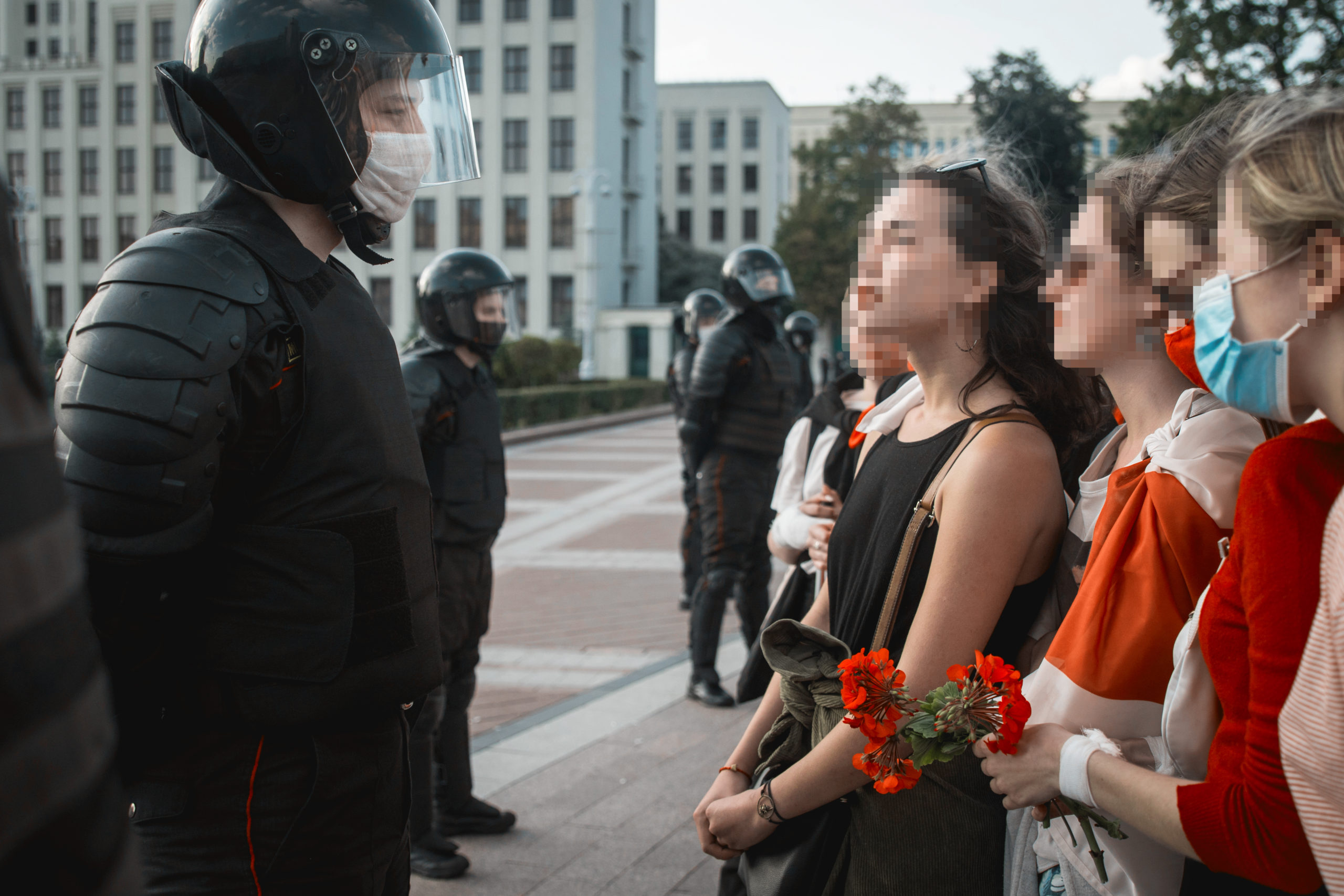
The period after August 2020 has been a huge challenge for young Belarusians who have gained valuable experience, become professionals in their areas and already have a vision of a new Belarus.
Leanid Marozau, International Secretary of RADA & expert of the Working Group on Youth Rights of the European Youth Forum.
“[Young people] stick with their ideals, acting as part of not only Belarusian civil society but also a European one. They know how many people in Belarus are held as political prisoners and how difficult it is. They count their days in exile and want to return home. I am sure that each of them is and will be an inseparable part of a new Belarusian state,” concluded Marozau.
Belarusian volunteers and young human rights defenders at risk
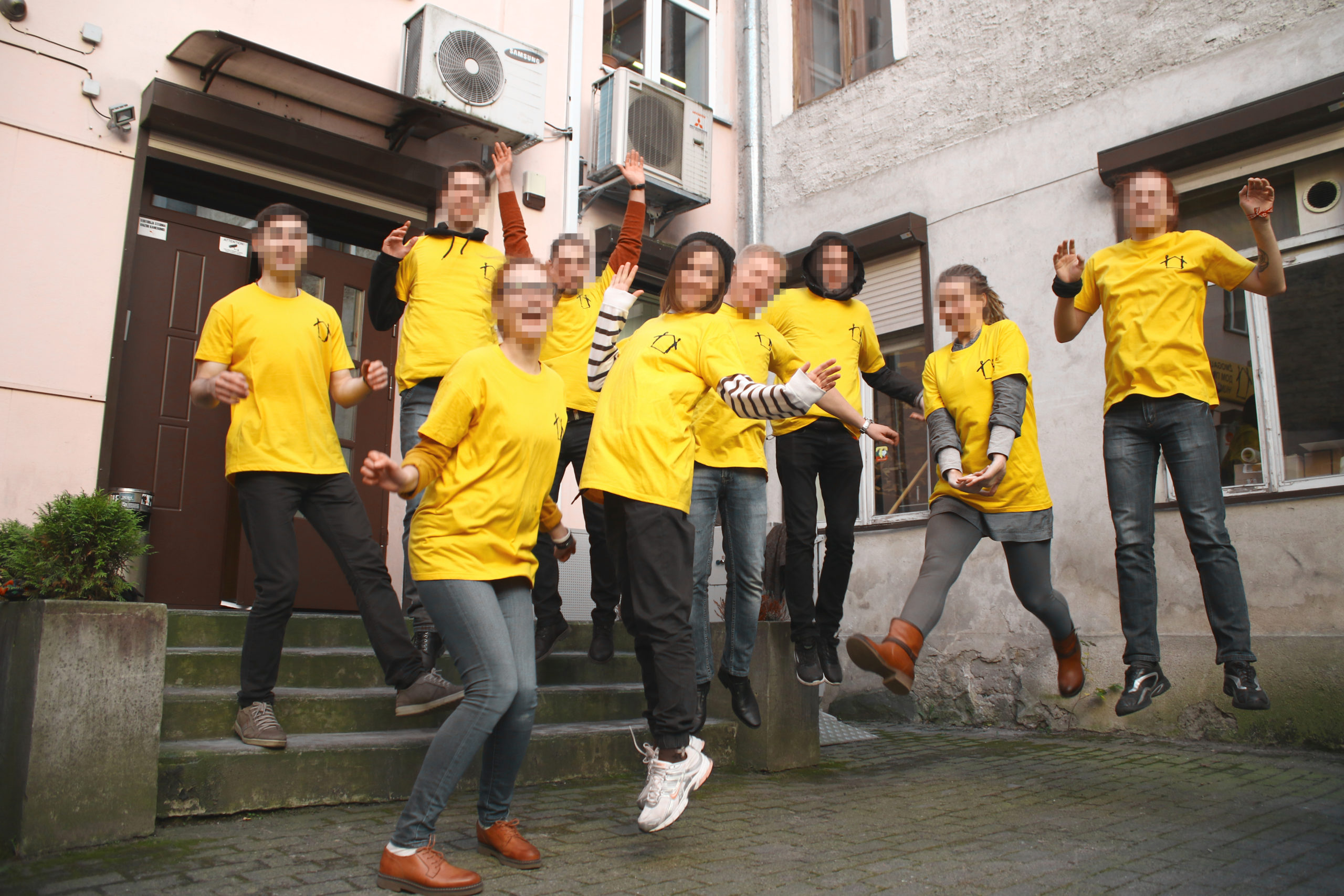
Lubou Lanina, from Viasna Human Right Center, contributed to the collection with her analysis of the young volunteers and HRDs movement in Belarus and repressions against it. She shared the following:
“Since most organisations stand no chance of registering with authorities in Belarus, aiding non-registered groups can land volunteers in prison…The lack of clear, understandable, enforceable laws and the risk of criminal persecution affect volunteers, who have turned into underground fighters.”
“Any volunteer based in Belarus is required after 2020 to take strict information security measures, be prepared for searches and interrogations, accept risks and be aware of threats to personal safety. It takes great mental strength. Since August 2020, many volunteers have fled Belarus to avoid arrest and prison sentences for their peaceful volunteering activities. Those who stayed faced reprisals.”
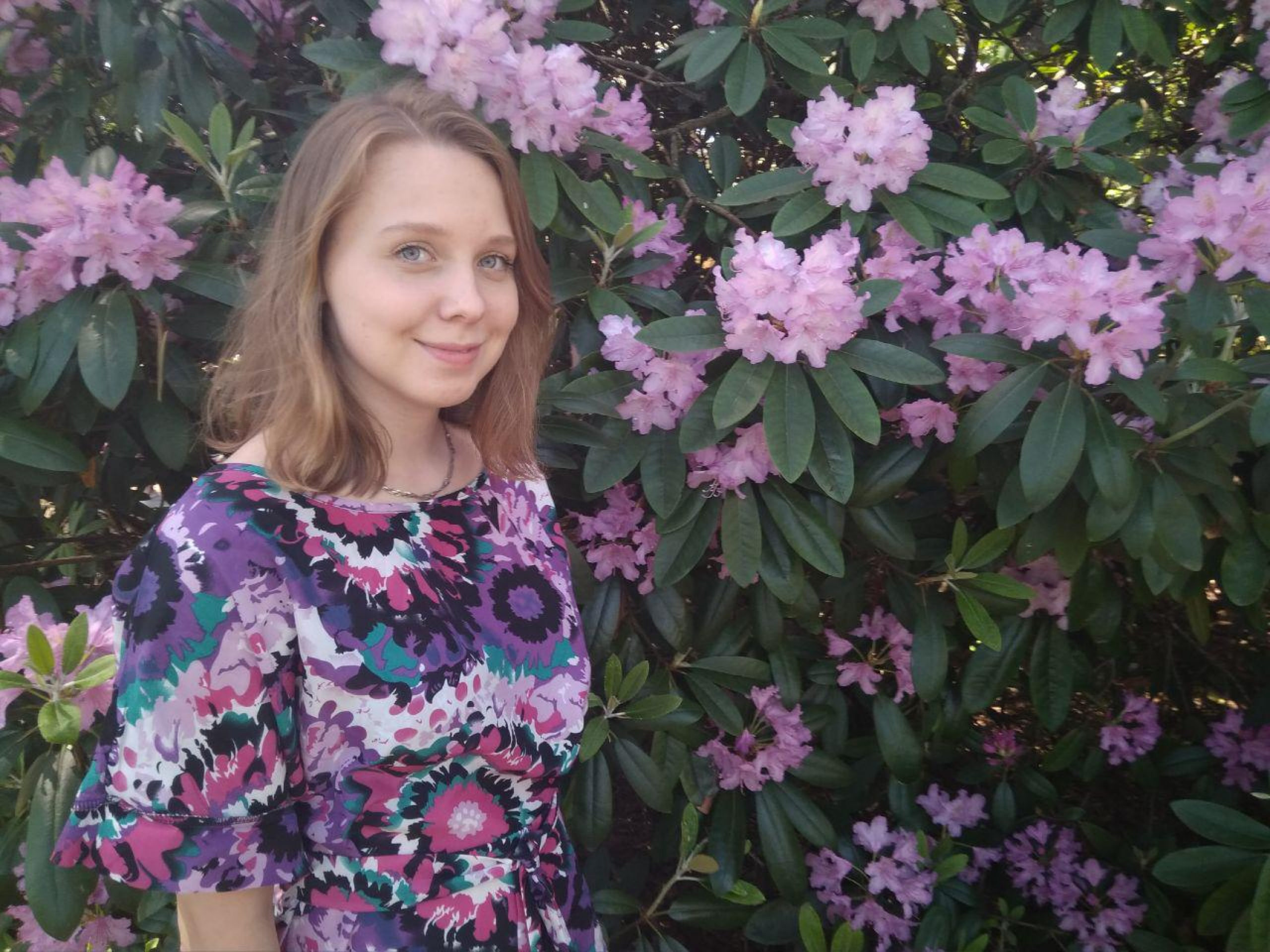
“On September 17, 2020, police arrested Marfa Rabkova, coordinator of the volunteer service of the Viasna Human Rights Centre, who was recognised by human rights defenders as a political prisoner immediately after her detention. Marfa’s father and grandmother died while she was in prison. Her health deteriorated, and she was denied medical care and permission to receive visits by her husband. On September 6, 2022 – Marfa was held at a detention centre at the time – she was sentenced to 15 years in prison for her peaceful work as a human rights advocate. Marfa was not the only volunteer imprisoned by authorities. Viasna volunteers Andrei Chapiuk and Tatsiana Lasitsa are also in prison.”
Read Belarus. Youth. Long Live.
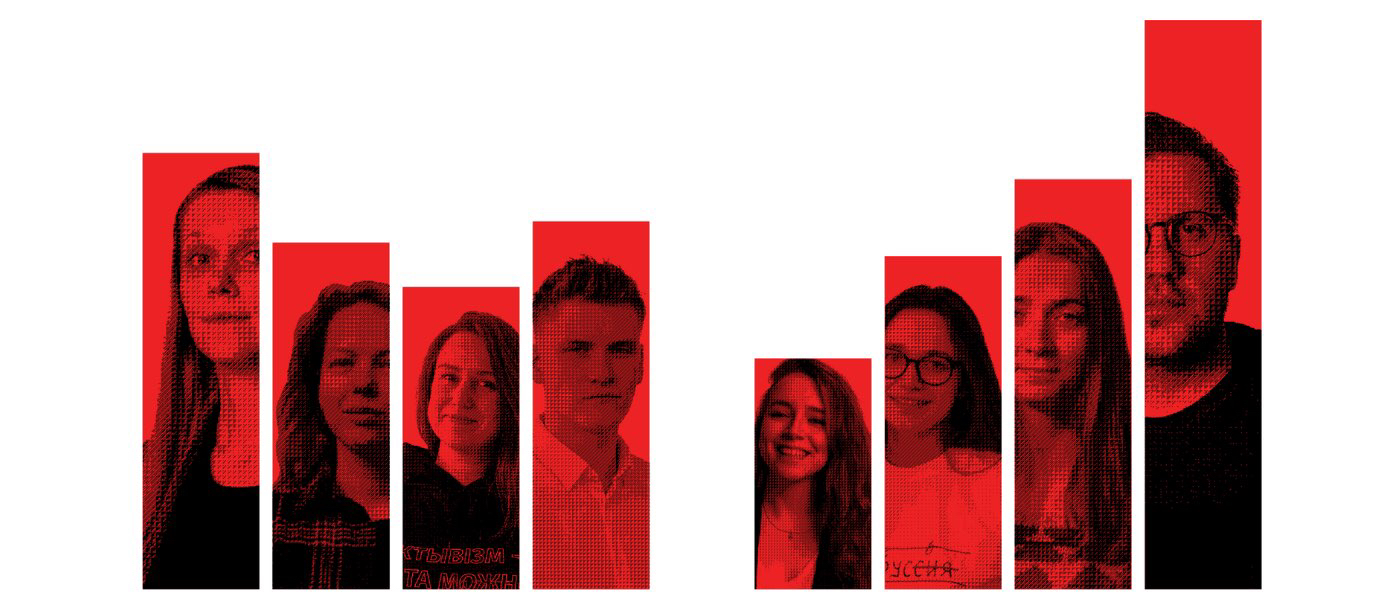
An online presentation of the collection took place on Human Rights Day on December 10, 2022. The collection is accessible online in Belarusian, Russian, and English languages, ensuring its widespread reach.
The printed versions of the collection are available at Belarusian NGOs’ open spaces in exile in Lithuania and Poland: Create Culture Space in Vilnius, “MediaPort Belarus” co-working space and Free Belarus Center in Warsaw.
Read more: Interview with Maryna Dubina
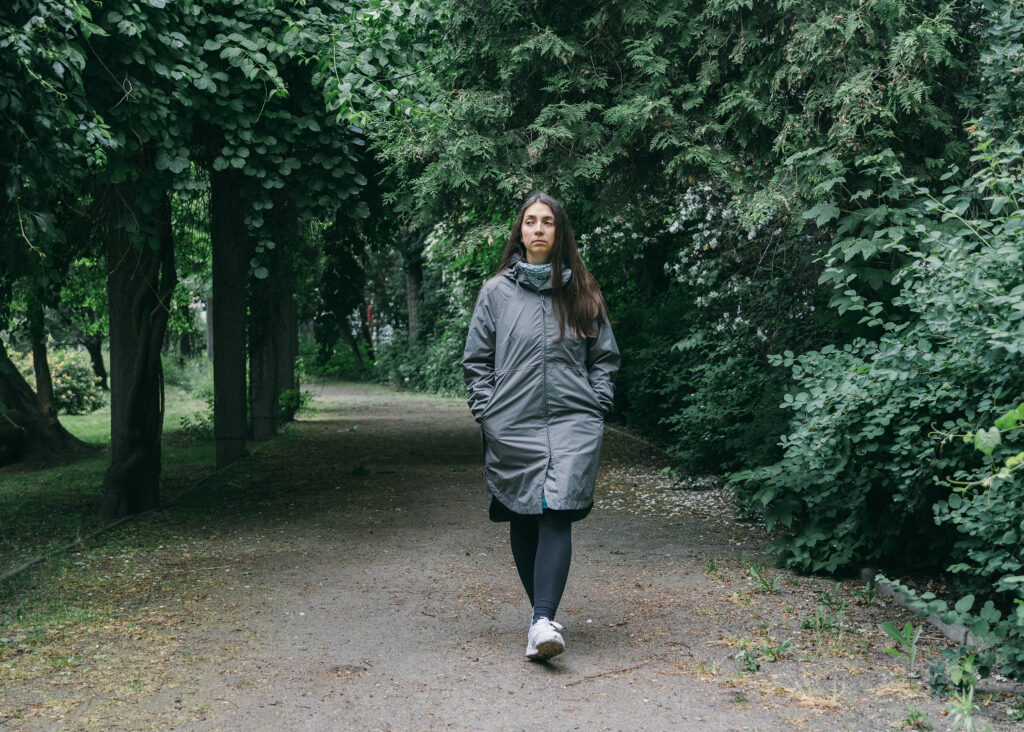
Read an interview in English or Russian with one of the contributors of the collection, an environmental activist from Ecodom, Maryna Dubina, for Belarusian media portal Zerkalo, produced in cooperation with EU NEIGHBOURS East programme.

This project was implemented by RADA – Belarusian National Youth Council in partnership with Viasna Human Rights Center, with the support of Human Rights House Foundation under the framework of STRONG Civil Society, funded by the European Union.
RADA National Youth Council is a voluntary union of 37 youth organisations, created with the purpose of consolidating youth organisations and initiatives of Belarus. RADA operates in the areas of representation, promotion and defending common interests and freedoms of youth organisations and young people of Belarus.


